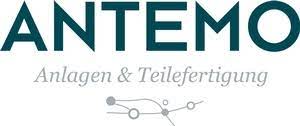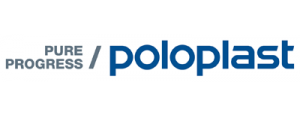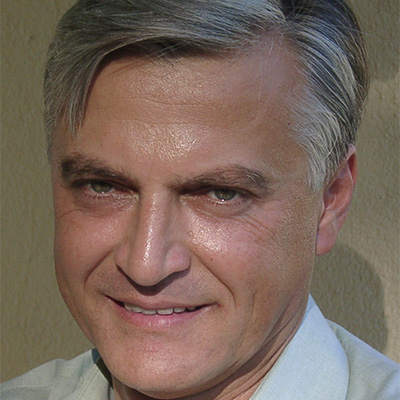Motivation
Cognitive Production Systems and Cognitive Products represent those research areas of Pro²Future in which application-driven integration takes place. In these two areas, the research results of Areas Prediction, Orchestration and Analytics are consolidated and transferred to industry and business in the form of integrated solutions. The Area Cognitive Production Systems focuses on both continuous production processes in plastics processing (at the Linz site) and batch production for manufacturing and assembly processes (at the Graz site). A central element in Pro²Future’s understanding of Cognitive Production Systems are their contributions to sustainability and resource efficiency.
Portfolio
Cognitive continuous production processes in plastics processing
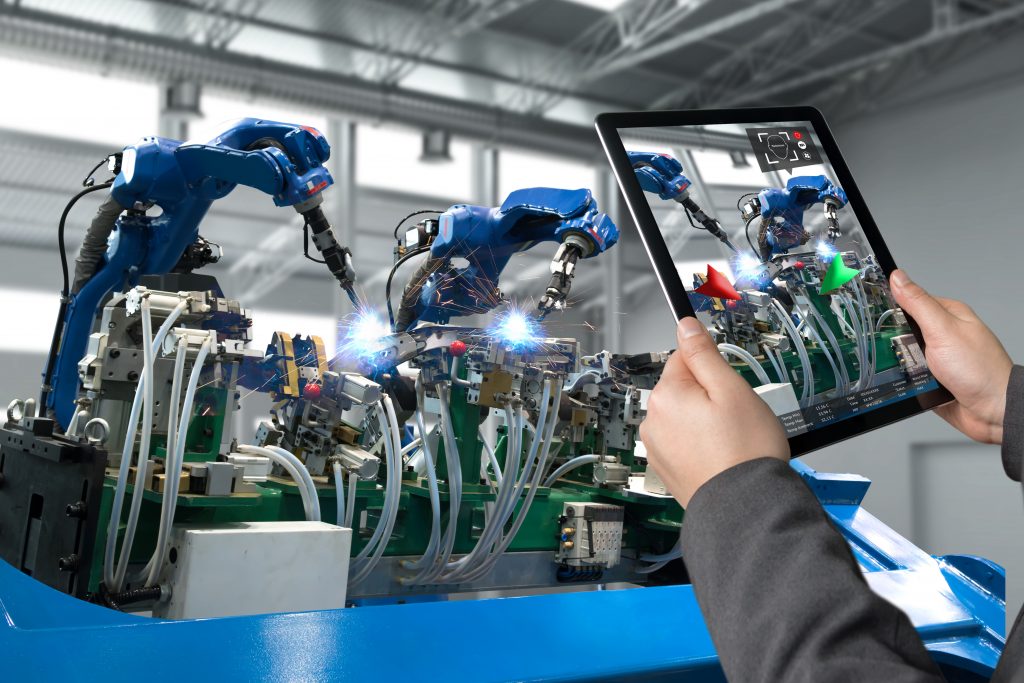
Our current research activities in the field of continuous production are dedicated to the development of strategies for self-optimization of plastics processing plants. This involves, for example, the development of predictive models and quality forecasts to open up new application and performance possibilities. In order to predict the future behavior of a polymer extrusion and compounding plant, control technologies based on the latest predictive models and high-dimensional data are used. Using the available data, control algorithms can be developed and implemented in process models to predict the future behavior of the polymer extrusion and compounding equipment. To name just one advantage, this can reduce the time required for a product changeover. Thus, higher manufacturing efficiency is achievable.
Cognitive piece production for manufacturing and assembly processes
Discrete manufacturing is increasingly characterized by a high variety of products to be produced and product variations. Pro²Future’s approach of cognitive piece production aims at an “Adaptive Smart Production”. This means that Pro²Future is working on a set of cognitive modules that will help make production systems intelligent and self-adaptive, e.g., through new holding devices that can reconfigure themselves based on the requirements of the changed products. The challenges here are unique human-machine interfaces and collaborative robots that are becoming more and more standard in automation. At the same time, answers will also be given as to how such an implementation can take place at small and medium-sized enterprises. On the one hand, the central partners of Area Cognitive Production Systems are interested in changes to their products (e.g. test benches, electric vehicles) by adding cognitive skills to them. The application of high-performance data analytics can also optimize their specific production and service portfolios.
Sustainability and Resource Efficiency in Manufacturing
Sustainability and resource efficiency has been deeply embedded in Pro²Future’s DNA since its foundation in 2017. Research results from Areas Prediction, Orchestration and Analytics are used to design and optimize production processes in a more energy- and material-efficient way. However, Pro²Future’s holistic approach includes the human factor in all areas: This begins in product creation, through product use, to the second lifecycle. People play the central role here in creating the green transformation. Our goal is therefore to provide the respective people in all areas with methods and tools to create awareness for their actions. For example, a tool has been developed that allows products in piece production to be optimized for sustainability as early as the design phase. For polymer extrusion and compounding, a globally unique measurement method was developed that allows previously inaccessible parameters to be measured, thus optimizing the process in terms of its efficiency and energy requirements.
